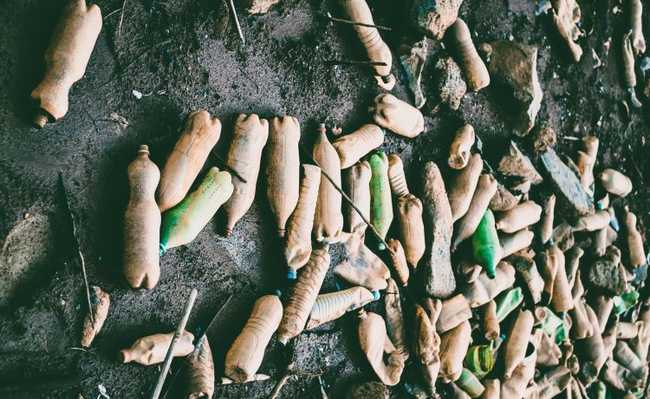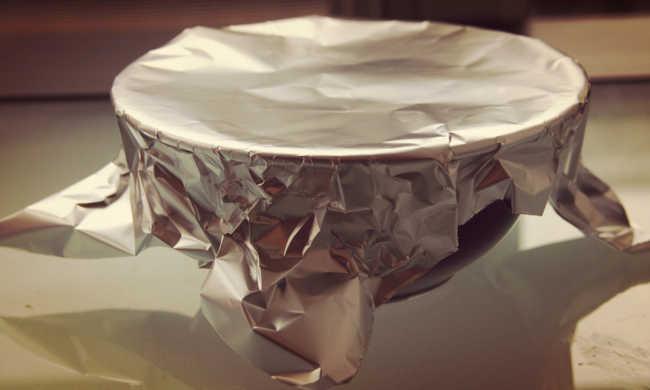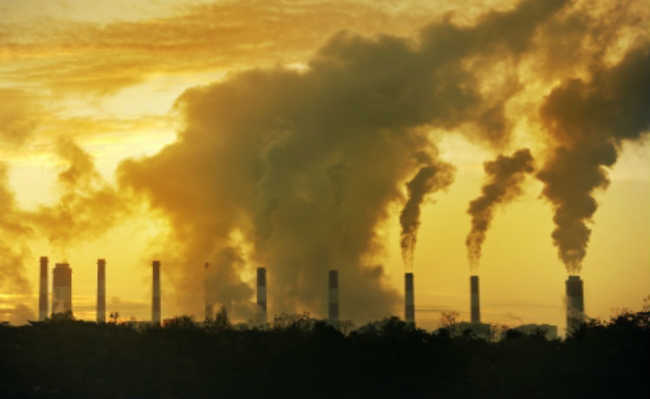Soil Pollution: Know Causes and Consequences
The various types of soil pollution have serious consequences for the environment

Image: Simson Petrol on Unsplash
Soil is the layer of organic and inorganic material that covers the rocky surface of the earth. The organic portion, derived from the decomposition of animals and plants, is concentrated in the upper part of the soil. The inorganic part is formed by rock fragments. Other soil components are water and air, which vary according to the occurrence of rainfall. Soil pollution, also called soil contamination, is caused by the introduction of chemicals or alteration of the soil environment by human action. These chemicals lead to soil pollution and, directly or indirectly, to water and air pollution. Among these chemicals, the most common types are petroleum hydrocarbons, heavy metals (such as lead, cadmium, mercury, chromium and arsenic), pesticides and solvents.
Soil pollution: causes and consequences
The main causes of soil pollution are the use of fertilizers, pesticides, herbicides and insecticides, incorrect dumping of solid waste and deforestation. These factors mean that the main consequences of soil pollution are reduced soil fertility, increased risk of erosion and loss of nutrients. Learn about the causes and consequences of soil pollution.
Causes of soil pollution
Fertilizer use
Using them to correct soil deficiencies indiscriminately ends up contaminating the soil with impurities and/or with an overload of nutrients for the plants, thus unbalancing the natural composition of the soil. Some heavy metals, such as lead and cadmium, are also found in fertilizers, increasing soil toxicity and being a great danger to crops. These pollutants are later washed away with rainwater or infiltrate the soil, ending up in groundwater and springs, thus polluting watercourses.
Use of pesticides, herbicides and insecticides
Pesticides are used to reduce the number of pests that act on crops and harm agricultural activity, even if, to do so, they cause irreversible damage to the environment. These substances are absorbed by the soil, eventually contaminating the crops that grow there. The subsequent consumption of these contaminated vegetables can cause serious harm to human and animal health. Another problem is the reduced fertility of contaminated soil.
Incorrect dumping of solid waste
In general, domestic, industrial and rural waste contains a variety of chemical products that are harmful to the environment. This waste is degraded and results in the production of leachate, which is a highly toxic liquid resulting from the decomposition of organic waste. Garbage deposits, made in an unsanitary manner, end up leaking this leachate, which crosses the ground, contaminating it and reaching the groundwater. The number of open-air dumps in Brazil is worrying, as a large part of our waste is not properly disposed of. There may also be soil contamination from dumping of radioactive material or medical waste.
Logging
Natural soil erosion occurs when soil particles are carried by wind or water. The vegetation cover is removed during deforestation, removing protection from the winds and eliminating the absorption of water by the roots of trees and plants. This excess water can cause soil instability and erosion.
Other causes for soil pollution are:- Polluted water released by industries;
- Oil leakage;
- Acid rain;
- Sewage released into rivers and onto the ground;
- Wrong drilling of the ground;
- Cemeteries;
- Septic tank infiltration;
- Fires;
- Mining.
Consequences of soil pollution
There are several damages caused by soil pollution. Among the main ones are:- Reduction of soil fertility;
- Increased erodibility;
- Nutrient loss;
- Ecological imbalance;
- Increased salinity;
- Vegetation reduction;
- Public health problems;
- Release of polluting gases;
- Blockage of pipelines;
- Food contamination;
- Desertification.
How to avoid soil pollution
Some measures can be taken to control and reduce soil contamination. The reduction or elimination of the use of harmful fertilizers and pesticides (using biopesticides, for example), reforestation, control of the release of toxic waste from industries and, especially, recycling, together with the correct disposal of waste and its treatment . However, these measures are not easily performed and require considerable time for their application, in addition to investment in infrastructure.










